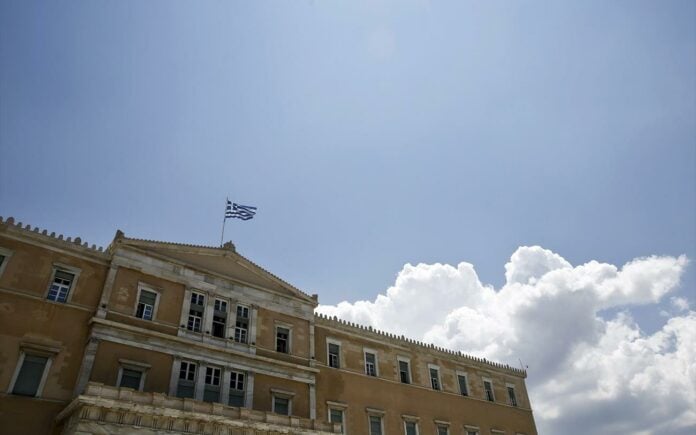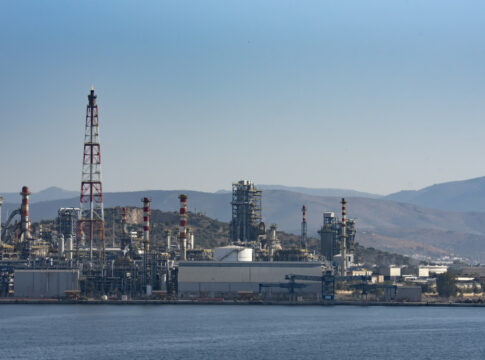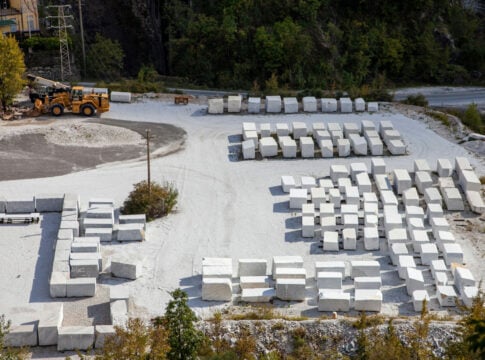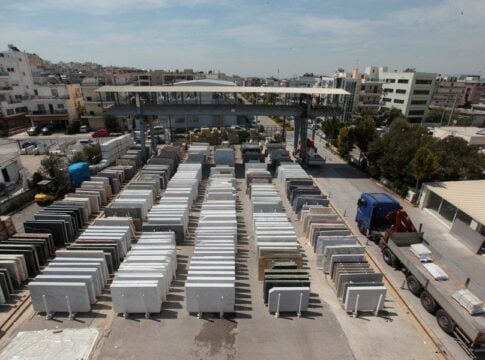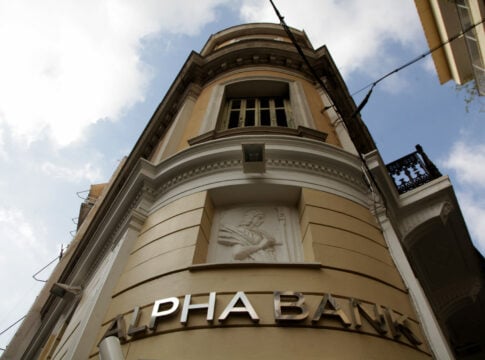Revenues from privatizations in Greece for 2019 are forecast to reach 1.531 billion euros, as listed in the draft budget submitted to Parliament by the government on Wednesday.
In a quarterly breakdown, the first quarter of 2019 is forecast to see only a meager 4.8 million euros flow into state coffers; 28.3 million euros in the second quarter; a mere 10.7 million euros in the third quarter but rising to a spectacular – compared to the previous three quarters – 1.487 billion euros in the last quarter of 2019.
The ambitious fourth quarter of 2019, for revenues from creditor-mandated privatizations will, ostensibly, be derived from the sell-off of shares of the Athens and greater Thessaloniki water and sewerage utilities, EYDAP and EYATh, respectively, a long-term concession for the Egnatia tollway, a controlling stake and the management of the Hellenic Petroleum (Hel.Pe) group, as well as the state’s remaining stake in the privately managed Athens International Airport (AIA) as well as the long-delayed privatization of the Public Gas Corp. of Greece (DEPA).
The fact that the “lion’s share” of budgeted privatization revenues is expected to be generated in Q4 2019, essentially in the period after general elections will have been held in the country, also raised eyebrows.
Currently, the dominant partner in the coalition government, hard left SYRIZA, is trailing main opposition New Democracy (ND) by double digit percentage points in practically all mainstream opinion polls. The junior partner, the small right-wing Independent Greeks (AN.EL) party, according to the same poll results, is considered a long-shot to re-enter Parliament, i.e. receiving more than 3 percent (of valid votes) in a general election.
Some 334 million euros are budgeted as revenue from the exploitation of the state’s property assets – all coming in the fourth quarter of the year, as well. Roughly 300 million euros of this figure is related to the delayed Helleniko real estate development project in southeast coastal Athens. The latter is a landmark privatization bedeviled by legal challenges, a slow-moving bureaucratic process through various ministries and multiple layers of “red tape” by relevant agencies and state-affiliated entities.


